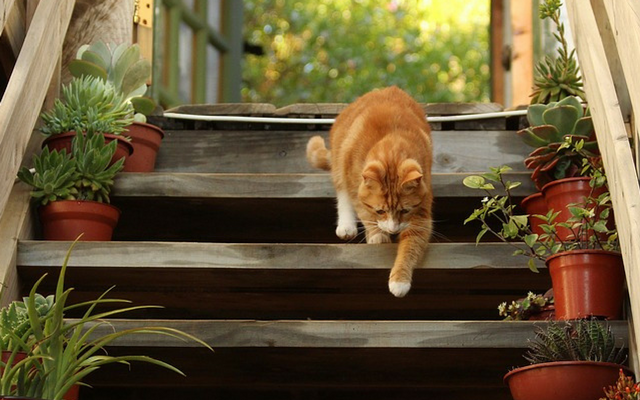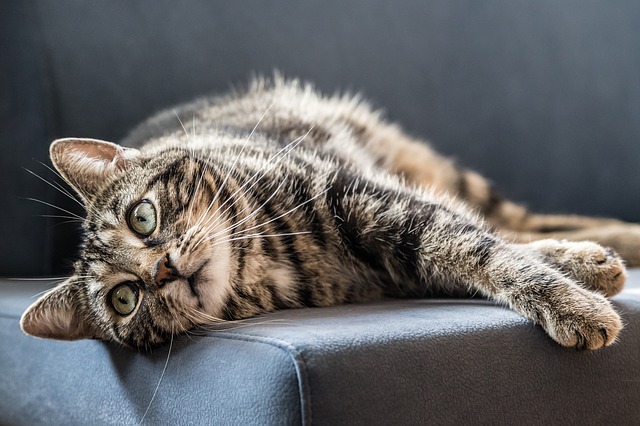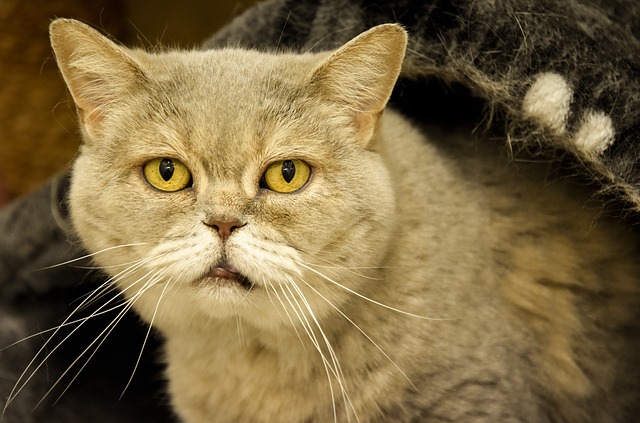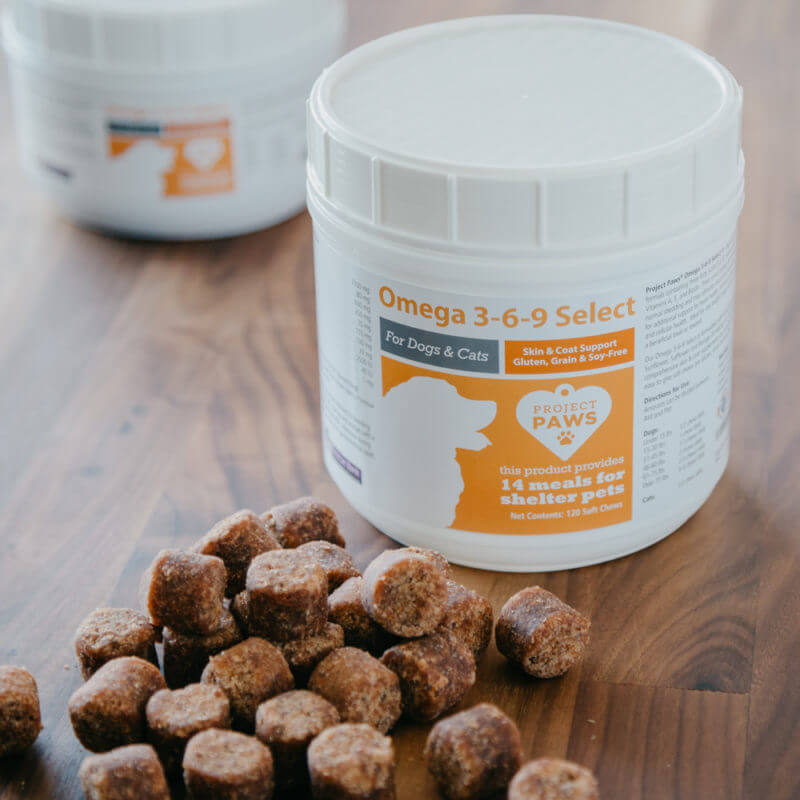Watching your cat age is unavoidable, but there are ways you can make their adult life as comfortable and painless as possible. Cats as young as five are at risk of developing stiffness in their joints. They gradually spend more time lying down than playing, and you might notice them walking with a limp or taking longer than usual to climb a flight of stairs.
Joint health in cats is affected by diet, weight, and daily lifestyle. The cartilage that serves as padding around joints gradually wears away, and inflammation and swelling cause constant pain. Watching your cat struggle to do the activities they once loved is difficult, but doing these four things will bring your favorite feline much-needed relief.
#1 – Check Their Weight
According to the Association for Pet Obesity Prevention, over half the country’s pet cats are either overweight or seriously obese. An indoor lifestyle full of lounging on pillows and relaxing on windowsills means most domestic cats don’t get the daily exercise they need. Add that to a poor diet, and your cat has no chance at keeping a fit physique. A few extra pounds around their middle will weigh down their frame and put added pressure on joints. The strain of supporting themselves will eventually pay a toll on joint health.
If your chubby cat is starting to show signs of stiffness, putting them on a diet and exercise routine is the best thing for them. Invest in a healthy, low-calorie cat food and spend time every day encouraging your cat to move around. Introduce the exercise slowly so you don’t overburden their muscles and joints. Chasing catnip mice, swatting at laser pointers, and running laps on a kitty treadmill will help them get down to size.
#2 – Modify Their Lifestyle
As a cat ages, simple tasks suddenly become more complicated. Jumping up to lie on a favorite chair puts too much strain on stiff elbow joints, and even leaning down to eat from a food bowl can be painful. You can make their life easier and more comfortable by making simple modifications to their environment. Doctors Foster and Smith says,
“Try to make the basics of your cat’s life as simple as possible…Make sure food bowls are easily accessible. Choose litter boxes that are large, easy to get into and out of, and place them in the living area where your cat spends the most time.”
Heated cat beds, ramps, and litter boxes with low-rise entrances are all inexpensive products your stiff cat will appreciate. The less stress they put on their joints, the less pain they’ll feel.
#3 – Visit the Vet
If you suspect your adult cat is starting to suffer from poor joint health, your regular veterinarian is your best resource. If it’s not time for an annual check-up, schedule an appointment anyway. In the days before the appointment, pay extra attention to your cat’s behavior so you can relate the information to your vet. Note whether they have difficulty standing or lying down, if they favor a limb while walking, and if their appetite has changed.
Your vet will perform an examination and listen to your concerns. If they give a diagnosis of arthritis, you’ll know the cause of your kitty’s stiffness and can begin treatment.
#4 – Start Your Cat on Daily Supplements
Proper nutrition is important for healthy joints, and giving your cat a daily supplement will ensure they get everything they need. Pet MD lists the anti-inflammatory properties of omega-3 fatty acid supplements to be beneficial for cats with joint pain. They say,
“Several studies have shown that arthritic cats fed high doses of omega-3 fatty acids tend to demonstrate reduced lameness and greater activity than do arthritic cats who do not receive the supplements.”
Omega-3 fatty acids are anti-inflammatory, and adding omega-6 and omega-9 fatty acids to the mix will give your cat a beneficial balance of essential nutrients. While omega-6 fatty acids relieve nerve pain and reduce stiffness, omega-9 fatty acids play a role in maintaining healthy cholesterol and blood sugar levels. Your cat will benefit most from a supplement that includes all three.
Omega 3-6-9 Select Grain Free Skin & Coat Chews from Project Paws provides a balance of essential fatty acids. The recipe is formulated specifically to support good joint health and to relieve stiffness in aging cats. It helps rejuvenate cartilage to provide support in the joints, and there’s also the benefit of soft fur, healthy skin, and better heart health.
These statements have not been evaluated by the Food and Drug Administration. This product is not intended to diagnose, treat, cure, or prevent any disease. The information on this website is not intended to replace a one-on-one relationship with a qualified healthcare professional.
(h/t: Association for Pet Obesity Prevention. Doctors Foster and Smith, Pet MD)




